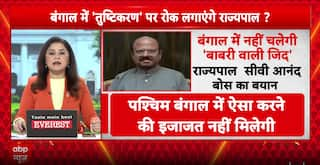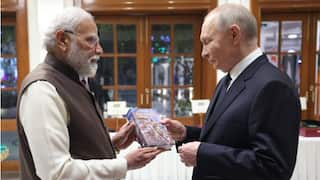Supreme Court Holds Bail Is Rule And Jail An Exception Even Under PMLA
The Supreme Court held that the principle of "bail is rule and jail is an exception" applies even under the Prevention of Money Laundering Act (PMLA).

The Supreme Court on Tuesday held that the principle of "bail is rule and jail is an exception" applies even under the Prevention of Money Laundering Act (PMLA).
A bench comprising Justices BR Gavai and KV Viswanathan said this while delivering a verdict allowing bail to an accused in a money laundering case.
The top court today reiterated that Section 45 of the PMLA only lays down the twin conditions that should be met in order to consider bail for an accused in a money laundering case. The apex court said that the provisions of PMLA does not alter the fundamental principle that bail is the rule.
"We have held that even in PMLA, bail is the rule and jail is the exception," Justice Viswanathan said.
The court said that Section 45 PMLA (which states the conditions of bail for a money laundering accused) only imposes certain conditions that are to be satisfied.
"The principle that bail is the rule and jail is the exception is only a paraphrasing of Article 21 of the Constitution of India which states that no person shall be deprived of his life or personal liberty except according to the procedure established by the law."
The top court said that liberty of the individual is always the rule and deprivation is an exception.
"Deprivation can be made only by the procedure established by the law which has to be valid and reasonable. Section 45 PMLA by imposing twin conditions does not rewrite this principle to mean that deprivation is the norm and liberty is the exception. All that is required is that in cases where bail is subject to the satisfaction of the twin conditions, those conditions must be satisfied."
The top court gave this verdict while granting bail to an accused in a money laundering case. Big political leaders like Arvind Kejriwal, Manish Sisodia, K Kavitha, Hemant Soren have PMLA cases pending against them.






































